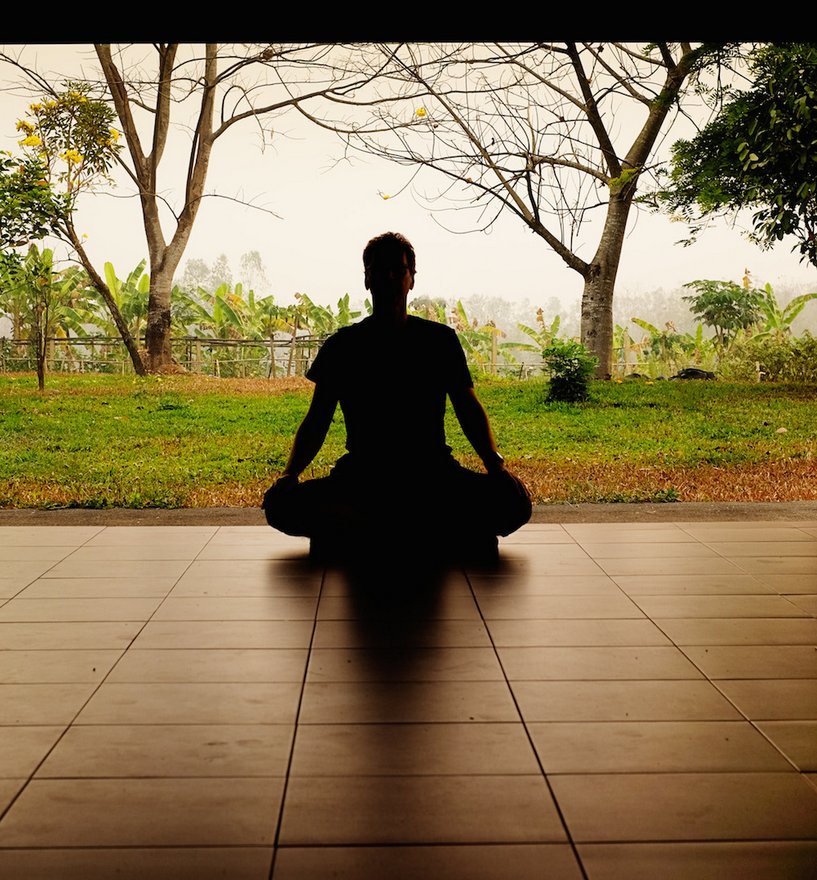The Open Dimension
Commentary on social issues; politics; religion and spirituality
About Me
- Name: Alfred E. McGuire
- Location: Laguna Hills, California, United States
I am a semi-retired psychotherapist/psychiatric social worker and certified hypnotherapist. Originally a practicing attorney, I changed careers during the 1980's. My interests include history, constitutional law, Hindustani classical music, yoga, meditation and spirituality.
Friday, January 22, 2016
Vipassana Meditation - The Golden Silence ( IndiaDivine.org )
The key benefits of Vipassana meditation are as follows:
Development of Wisdom
A unique effect of Vipassana is it enables you to understand and experience the Law of Impermanence in action. This law states that everything is changing. Nothing lasts. This is true in our outer world. For instance, you buy a piece of clothing. Your wear it and wash it over again. All the time it is disintegrating.
The Law of Impermanence also applies to our inner world and our thoughts, feelings and sensations, which emerge, stay for a while and then pass away. By meditating on the arising and passing away of mind-body phenomena, one develops true wisdom of what is going on inside them.
Witness How Suffering is Caused
Related to the point above developing wisdom, by practicing Vipassana meditation, you also experience how you are responsible for your own suffering. When you become attached to your thoughts, emotions and feelings, you suffer. For instance if you have an unpleasant thought, you will resist it and become uncomfortable.
On the other hand, if you have a pleasant thought, you will enjoy it. However, it won’t last for long. As soon as it passes, there is potential for you to suffer again as you may become frustrated.
Non-Attachment
Through practice of Vipassana, you learnt to develop non-attachment to your thoughts, emotions and sensations. You know that whatever arises in you will pass away, anyway. By understand and experiencing this, you will become less and less attached to your mind-body phenomena.
You will learn how to stop creating a false Self, which happens through attachment. By meditating on non-attachment, over time you will experience reduced stress and become less agitated.

More Present Moment Living
By observing your thoughts, emotions and sensations objectively, you are living in the present moment, as you are not getting caught up in the contents of your mind-body phenomena. You’re just a detached observer. This is true living in the moment.
How to do Vipassana Meditation
When first starting out with Vipassana, aim to meditate for 20-30 minutes a day in one sitting. A basic outline for Vipassana meditation in the S.N. Goenka style is as follows.
1. Sit in a quiet place, cross-legged on a meditation cushion or a pillow. If it’s too uncomfortable to sit like this, you can also sit upright on a chair. Close your eyes.
2. Starting at the top of your head in the centre of it, observe sensations arising and passing away, objectively, without getting attached to them. These sensations could be prickling, tickling, heat or cold spots. If it’s a pleasant sensation, just observe it without labelling it as being pleasant. If it’s an unpleasant one, do the same.
Don’t react to it. Just observe it. Continue observing such sensations working your way down all over your body, your arms, chest, abdomen and your legs, until you reach the tips of your toes. Once you reach your toes, go back the other way from your toes to your head, observing sensations, arising and passing away.
3. As you’re observing sensations, if a thought or emotion arises in you, just observe it objectively, without becoming attached to it. For instance, if a pleasant emotion arises, don’t become attached it. On the other hand, if it is an unpleasant emotion arises, just observe it objectively. Maintain complete balance of your mind.
Source: hitenvyas.com








